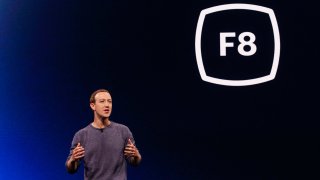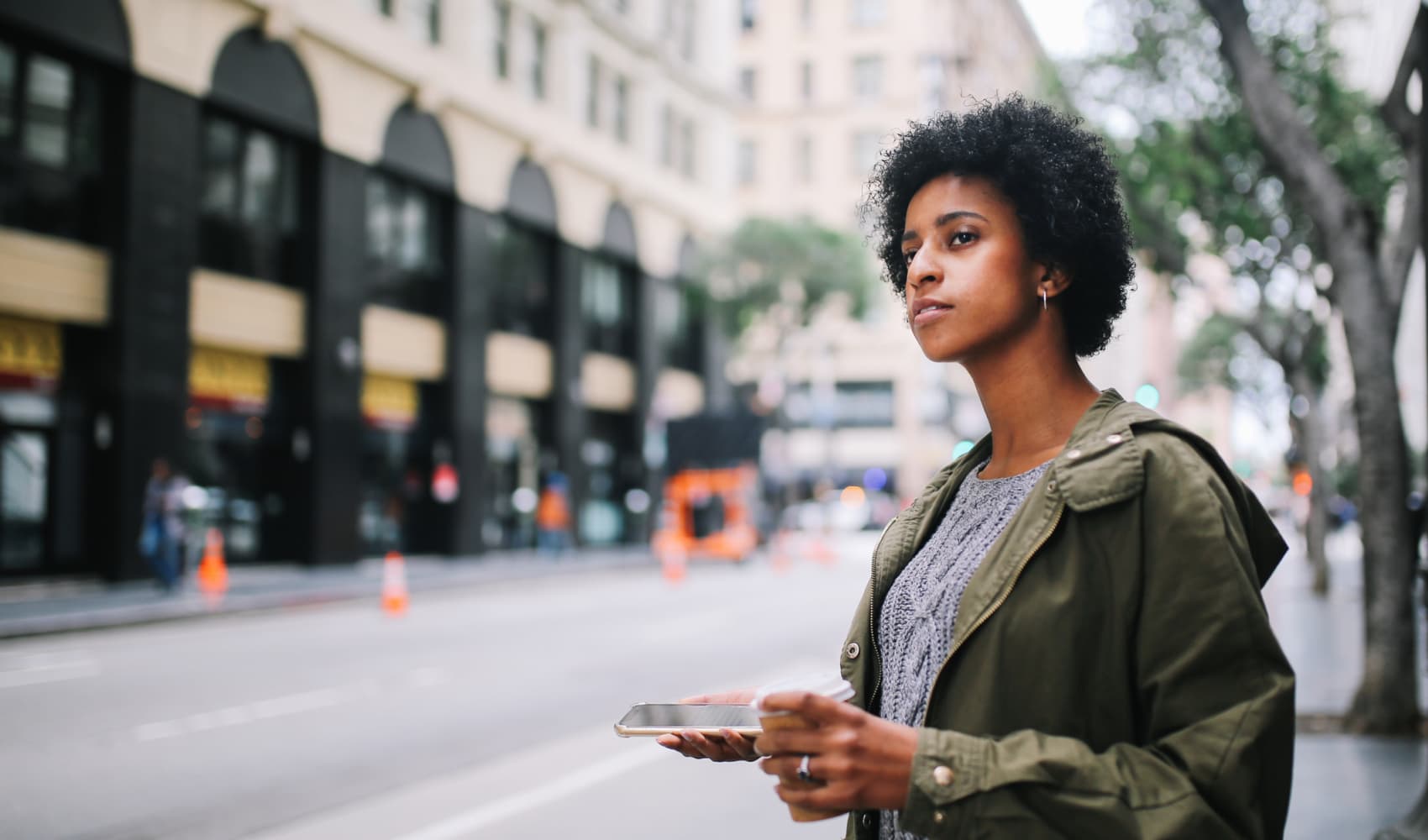
- According to a new antitrust lawsuit filed Tuesday by a group of state attorneys general led by Texas, Facebook subsidiary WhatsApp and Google have entered into a deal that gives Google access to messaging data, including texts, photos, and videos.
- Google says that this characterization is incorrect, and that the deal the suit is referring to is a basic feature to back up messages so they sync from device to device.
On Tuesday, a group of state attorneys general led by Texas filed a new antitrust suit against Google. Although the suit mostly focuses on Google's dominance of ad tech, it also accuses the company of conspiring with rival Facebook in several areas.
Among other allegations, the complaint claims that Google entered a deal with Facebook subsidiary WhatsApp that gives Google access to WhatsApp messaging data, including texts, photos, and videos.
However, Google says the claim is inaccurate, and seems to be based on a misunderstanding about a backup feature Google offers for WhatsApp and other messaging services to make it easier to transfer old messages to a new phone.
"...shortly after Facebook acquired WhatsApp, in 2015, Facebook signed an exclusive agreement with Google, granting Google access to millions of Americans' end-to-end encrypted WhatsApp messages, photos, videos, and audio files," the filing said. Subsequent details about the agreement in the suit were heavily redacted.
A Google spokesperson told CNBC that the lawsuit's characterization is inaccurate, and the deal is a basic feature to back up messages so they sync from device to device. Google introduced the backup feature to help users transfer their texts, photos, and videos from one phone to another, according to a 2015 blog post by Google. Google doesn't use the backup data to target ads, the spokesperson added.
Money Report
WhatsApp began using end-to-end encryption on all messages sent through its service starting in 2016. That means messages cannot be read by anybody but the sender and recipient. Hackers, legal bodies that gain access to the messages through a subpoena, and even WhatsApp itself cannot read them.
But WhatsApp backups are not end-to-end encrypted, the company explains in a FAQ. Instead, while backups remain on Google Drive servers, Google has access to the content of that data and could produce it in response to a subpoena, for example. Users can choose to turn WhatsApp backups on.
On iPhones, WhatsApp can back messages up to iCloud, Apple's cloud storage service. Those backups aren't encrypted either.
The dispute over the point in the lawsuit is an example of how routine features like message backups can be cast as anticompetitive partnerships between big tech groups facing antitrust scrutiny. It's a minor point in the lawsuit, which focuses more directly on alleged harms related to how Google conducts auctions for ads.
A WhatsApp representative declined to comment, but Alex Stamos, a former security executive at the company, suggested a similar interpretation.
"Facebook does not have that data. The only explanation could be the optional WhatsApp backup, which goes into GDrive on Android (iCloud on iOS)," Stamos tweeted.
— Jennifer Elias contributed to this story.






